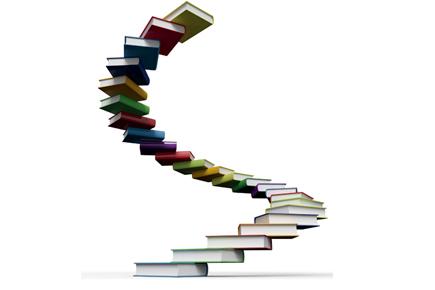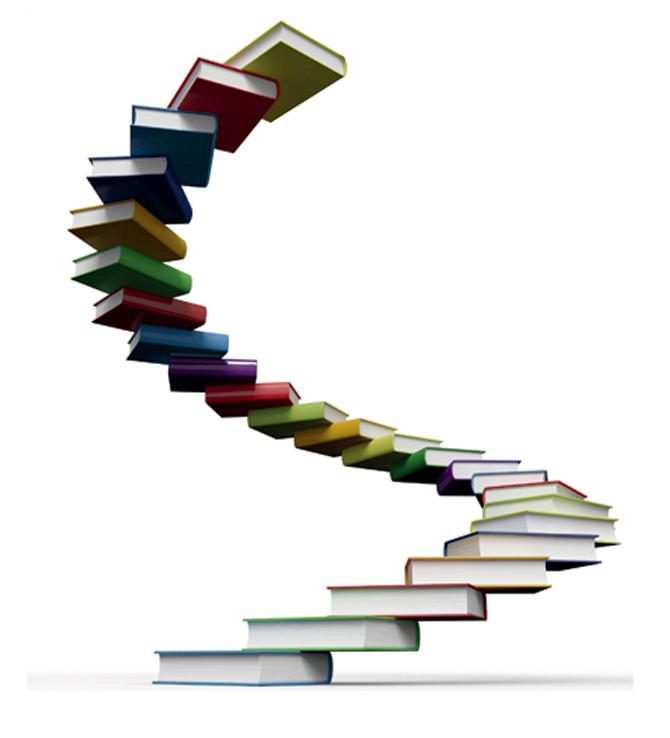An impressive showing at one of India’s biggest book awards, eclectic author lists and smart, lean structures. The indie publisher is slowly, but surely climbing up the ladder to make an indelible impact on the country’s publishing industry

Books
In 2010 when I assisted in curating the literature segment of the Kalaghoda Arts Festival in the city, I got to observe independent publishers up close. Big publishers had large teams on the ground while independents like Blaft came dragging their big suitcase of books and did all the work themselves; Radhika Menon of Tulika escorted her authors and interacted with the crowd. The Blaft Anthology of Tamil Pulp Fiction and English translations of Surender Mohan Pathak’s books (both Indie titles) were my best purchases that year.

ADVERTISEMENT
By definition, independent/indie publishers are independent of the major conglomerates that dominate the book publishing industry; as Asad Zaidi of Three Essays Collective puts it, “Historically, all publishing was by default independent publishing. Big bad capital developed an interest in it only in 19th century, after the considerable expansion of readership and emergence of a large public sphere.”

In addition to Kali, Tulika, Zubaan, Tara and Ravi Dayal, the recent years have seen a spate of new indie houses (publishing in English). Sayoni Basu and Anushka Ravishankar, stalwarts in children’s publishing started Duckbill; Basu says, “Anushka and I were very clear about the kinds of books we thought should be in existence, and which we would love to publish. And we talked about this for many years before we signed an MOU with an investor in May 2012; our first books were published in October 2012.” Arpita Das was working with Oxford University Press India as commissioning editor, History/ Philosophy/Religion when she decided to start her firm; Yoda Press.
Zafar Anjum founded Kitaab in 2005, as a platform to track and celebrate Asian writing in English; now Kitaab has ventured into publishing of formats (short stories) that mainstream publishers show little interest in. Asad Zaidi started Three Essays Collective in 2002: “I realised I would soon turn 50, and there was this great Muktibodhian question before me: ‘Ab tak kya kiya? Jivan kya jiya?’ ”
Passion among pages
The indie lists are a reflection of the owner-publisher’s interests and passion; the editorial and production values of some books are almost works of art. Translations from regional literature, strong feminist voices, LGBT literature, travelogues, memoirs, cookbooks, short stories and essays on a multitude of social issues and more — indie publishers have developed enviable content. Impressively, four of the five children’s titles at the Crossword Book Award Shortlist for 2015 were from indie publishers (three from Duckbill and one from SWPB).
Unfortunately, most indie published titles never receive prominence — on bookshelves, in online stores as recommendations, or even in media. As Anjum puts it, “The drawbacks of being an independent publisher are the drawbacks of being a startup: no financial back up, distribution issues, and hardly any budgets to market your books.” Das rues, “The issue is to stay afloat after paying massive discounts to distributors.”
Not having deep pockets translates into smaller, lean teams that handle everything from editorial to printing and distribution. It also means fewer resources to invest in PR and marketing of books and authors. Big corporate houses have the financial muscle, and as Zaidi states, “(Media) coverage has to be begged, people shamelessly courted, indirectly bought. Independents can’t afford all this without getting into useless compromises.”
Independent all the way
Indie publishers may publish a diverse set of books, but they all have one thing in common — tremendous passion, and a sense of having made a difference. Das recalls, “My heart burst with pride when in 2014, the landmark Supreme Court judgment recognising transgenders in India cited four Yoda Press titles.”
Basu sums it up, “The character of Philip Henslowe in the film Shakespeare in Love says repeatedly, ‘I don’t know. It is a mystery.’ I don’t know what will sell; as an independent publisher each small success is seen as vindication of our choices — though we do not feel the need for vindication except on dark sale-less days, but it is a nice word to use!”
 Subscribe today by clicking the link and stay updated with the latest news!" Click here!
Subscribe today by clicking the link and stay updated with the latest news!" Click here!







